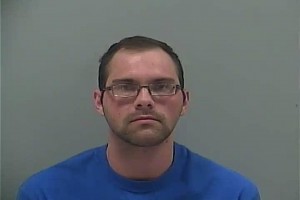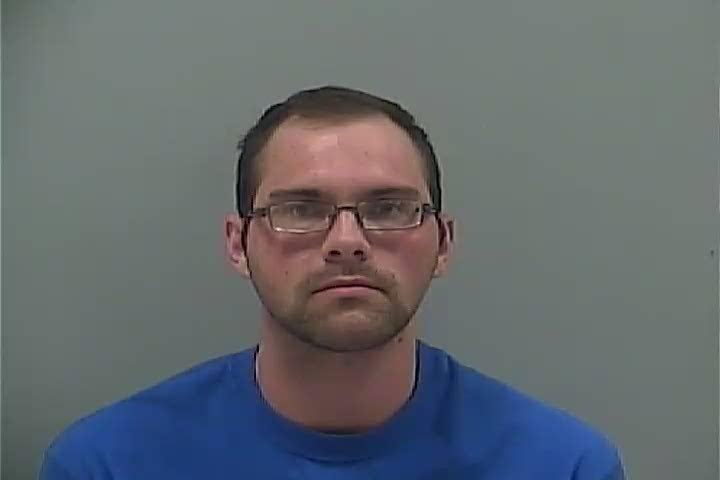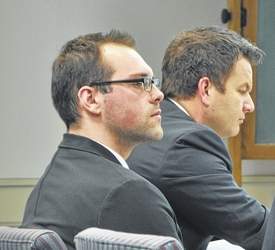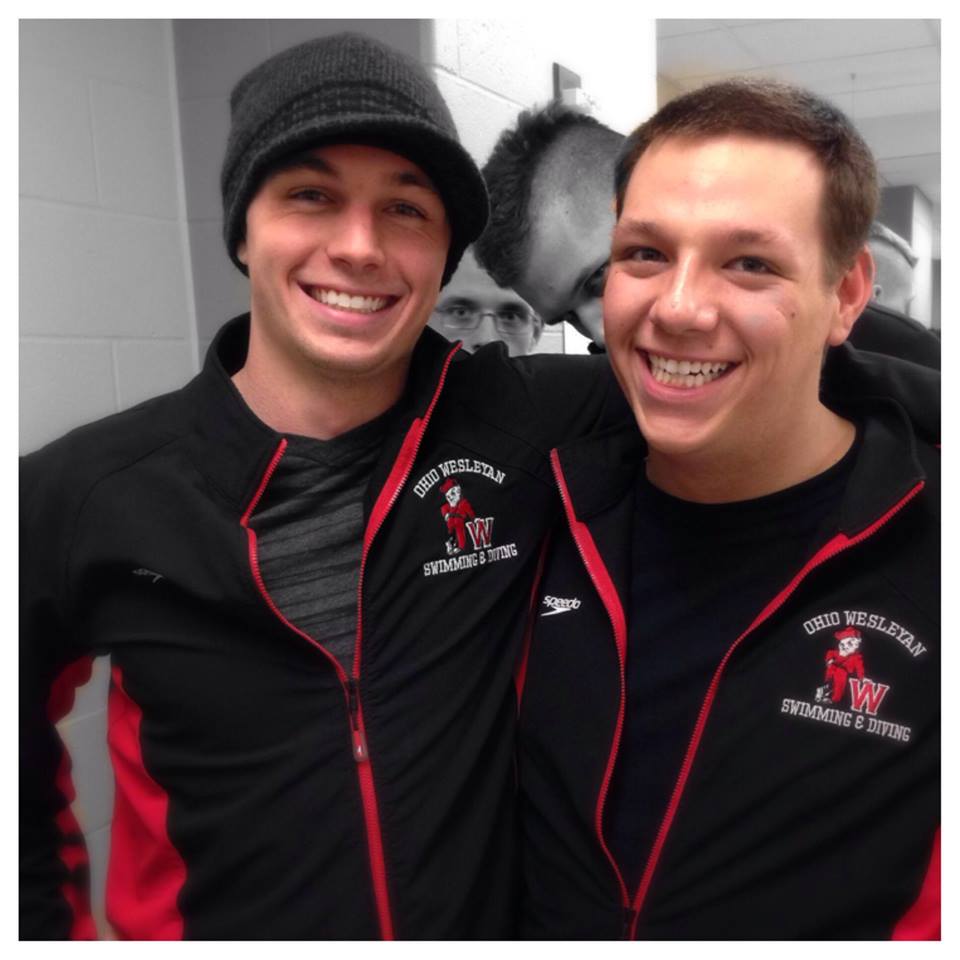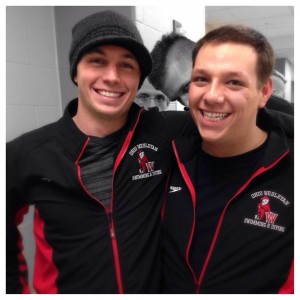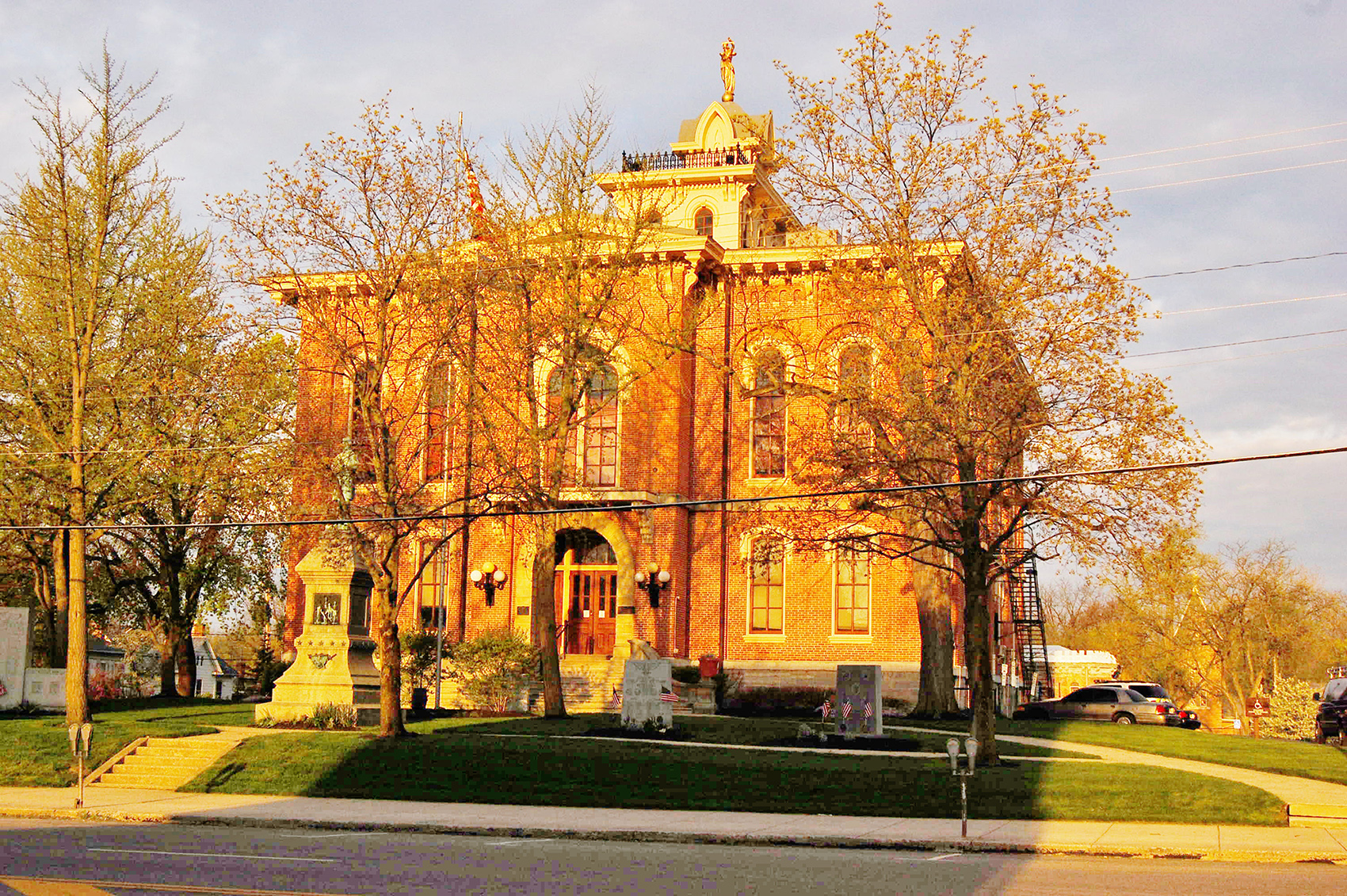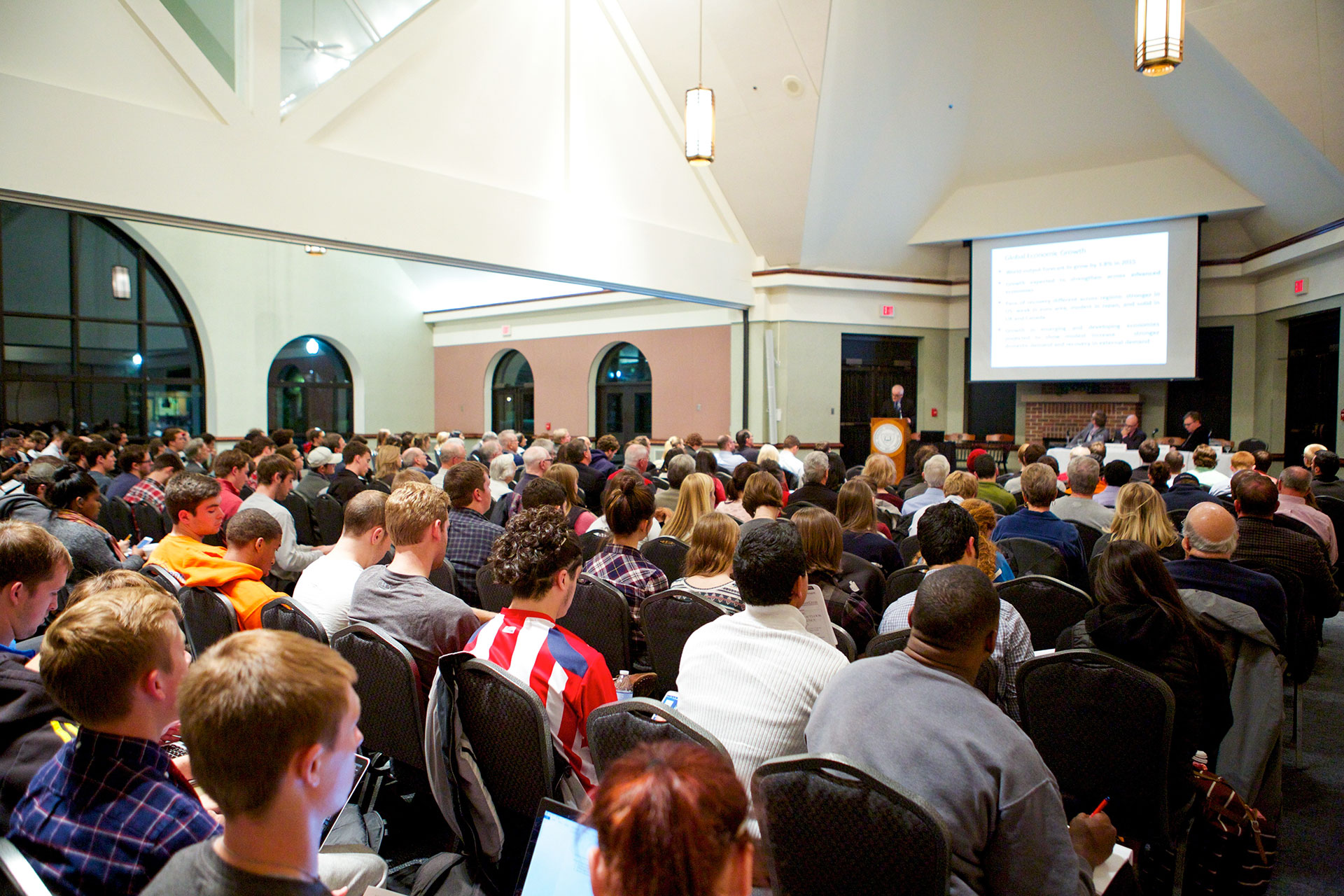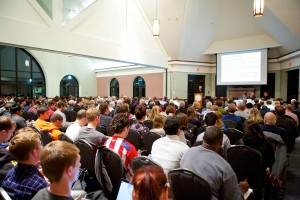
By: Dr. Thomas Wolber
As a teacher, I have long felt that intelligence is overrated. It alone does not lead to successful outcomes. Over the years I have seen many smart students fail, and I have seen students with average intelligence and sophistication do well. You do not need to be super smart to succeed. Whether you achieve your goals or not is determined less by your cognitive abilities than by noncognitive factors such as personality and grit. Character is at least as important as intellect.
You have heard the word “grit” before. These days it is widely used – in education, athletics, the military and the job market. But what exactly is it? What are the necessary components? Why is it important and why do employers seem to value it above everything else?
Let’s start with the dictionary and the original etymological meaning of the word. Like many other four-letter words of the English language, it has a Germanic origin, suggesting deep roots indeed. Grit is far removed from the French Enlightenment and modern intellectualism. You are more likely to find it in your guts than in your brain. In Old Icelandic, the word “grit” meant “stone, pebble, rock, boulder.” No wonder then the dictionary defines grit as “firmness of character, indomitable spirit, pluck” and lists “resolution, fortitude” as synonyms. Other words to describe “grit” may include ambition, dedication, determination, drive, endurance, hardiness, passion, perseverance, persistence, resilience, stamina, steadfastness, tenacity, toughness, zeal, zest and the like.
Thus, we can now define grit as “the will to act and succeed,” “the refusal to fail,” “the strength to overcome adversity,” “the tenacity to achieve long-term goals,” “the ability to face challenges,” “the capacity to set and accomplish goals,” “the capability to deal with failure,” “the determination to pull yourself through a crisis,” “fire in the belly,” and so on.
If it is your long-term goal to graduate from Ohio Wesleyan within four years and with a good GPA, then, yes, grit is definitely something you should have. Teachers agree that for educational attainment it is more important than anything else, certainly more important than mere brainpower. An average, hard-working student with a fair amount of grit will always outperform an intellectual dreamer who lacks purpose and willpower and fails to act. In my experience, grit trumps intelligence.
Grit is an individual’s most important asset. An increasing number of schools and employers agree that intelligence is an unreliable indicator of future success, which is why they value grit more and more. Yes, raw and natural talent does matter, but to become an accomplished farmer, car mechanic, athlete, translator, doctor, or musician first and foremost requires years and years of theoretical schooling and practical experience. Learning is demanding, and there are no short cuts. Studies have shown that gritty individuals work longer and harder than others, which is why they succeed where others fail.
This observation has serious implications for education and the labor market. If grit matters more than mere intelligence, why do schools continue to focus on cognitive intelligence and academic performance? Should we not equally emphasize noncognitive abilities such as emotional and social intelligence, interpersonal skills, maturity, fairness, curiosity, generosity, kindness, self-control, leadership, integrity, honesty, creativity, fearlessness, and so on?
For example, some of the smartest students go into medicine, but sometimes they sorely lack qualities such as compassion and empathy. A high IQ and phenomenal SAT and ACT scores alone mean little. Shouldn’t there be a healthy balance of cognitive and noncognitive skills? Aren’t schools setting students up for long-term failure if they don’t inculcate character development with the same zest as they do academic preparation?
We are faced with a fundamental paradox here. Academic instruction is entirely knowledge-based. A student’s transcript reflects academic performance but reveals little or nothing about that student’s personality. But the recommendation letters we teachers write for study abroad, assistantships, fellowships, employment, government jobs and graduate schools often stress entirely different qualities than those we impart in the classroom. A checklist I filled out recently listed “academic ability” as only one of 12 characteristics!
A while back, I conducted an inventory of the many noncognitive factors that employers explicitly inquire about, and I came up with a list of over 30 even though I counted things like “reliability, dependability, responsibility” as only one item. A surprising number of employers require things like “physical vitality, agility, vigor, stamina,” including “manual dexterity.” “Behavior under stress, pressure, strain” is important, and “integrity, honesty, trustworthiness” matters a lot. The list goes on and on. Ironically, however, you will not find many of these traits on academic syllabi or discussed in class. Is this something K-12 schools and colleges should have a conversation about? I have heard of schools where students graduate not only with a GPA, but also with a CPA – a character-point average. It may be hard to implement such as program, but there seems to be a certain need and demand for it.
One last point – it has been said the focus on grit alone may lead to egotism and careerism. Being too gritty can have the potential of making you insensitive to the feelings and needs of others and can lead to neglecting community, social responsibility, and the public good.
The way I see it, however, character-based education does not have to be disconnected from morality and ethics – on the contrary! Performance character and moral character are linked and complement each other. For example, there is a social stigma against performance-enhancing tricks such as corruption, cheating, and doping. Besides, the quest for fame and fortune is typically not high on the priority list of gritty individuals.
OWU’s Statement of Aims provides a good example for such a balance. It states knowledge, character (grit) and values form the basis for a liberal arts education. All three are needed to be prepared for life and to become a happy, successful human being. The foundation would be shaky indeed if any one of the three elements were missing. None can stand alone, but together they form the bedrock that will sustain you throughout life.
Dr. Thomas Wolber is an associate professor of German at Ohio Wesleyan. He teaches all levels of German language, literature and civilization. In addition to those subjects, he specializes in comparative literature and environmental studies.
